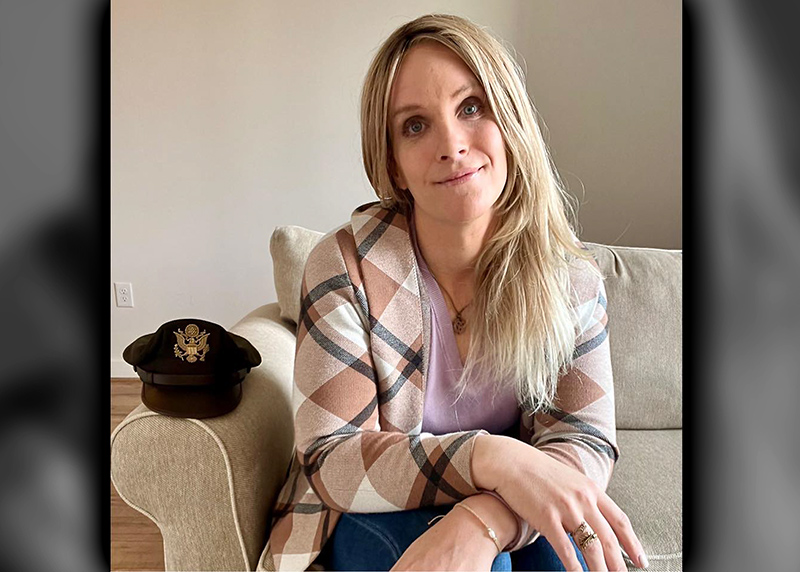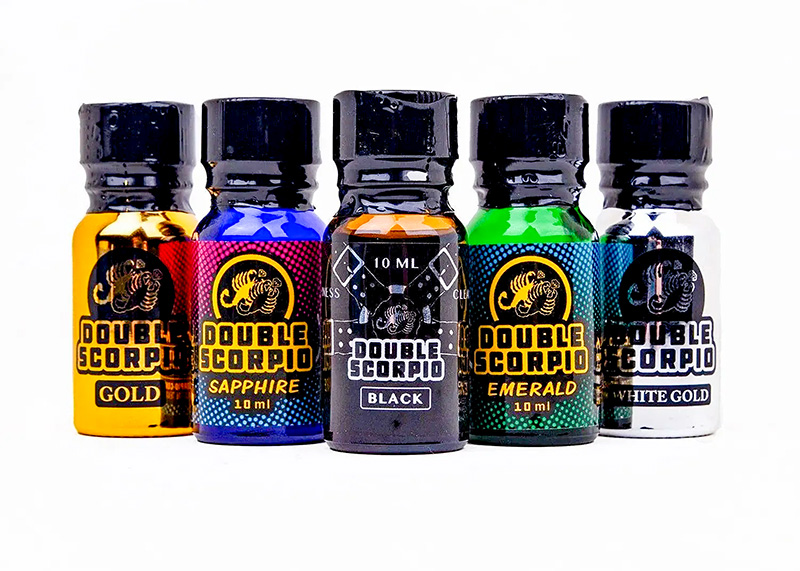Battling the Blood Ban
Prominent LGBT advocate sues over FDA ban on gay, bisexual men donating blood, organs
Caleb Laieski, a Virginia resident and LGBT rights advocate who rose to prominence after speaking out against the anti-gay bullying that forced him to leave school when he had lived in Arizona, announced Thursday he had filed a lawsuit in the United State District Court for the Eastern District of Virginia against the U.S. Food and Drug Administration’s (FDA) ban on allowing gay and bisexual men to donate blood or organs.

The ban, implemented in 1985, has its roots in the HIV/AIDS crisis of the 1980s, when men who have sex with men (MSM) were the primary victims HIV/AIDS, and the disease was found to potentially be transmitted through blood transfusions. Under the policy, any man who has engaged in sex with other men since 1977 is “deferred,” meaning the donor could potentially be found to be eligible to donate blood or tissue for organ transplants at a later date, though for an indefinite amount of time. Over the years, several LGBT activist groups have called for the FDA to alter its policy of indefinite deferrals for MSM who wish to become donors. In 2010, the D.C. Council passed a resolution calling on the FDA to “reverse the lifetime deferment of blood donations by men who have had sex with men since 1977 in favor of a policy that protects the safety and integrity of the blood supply that is based on an up-to-date scientific criteria.”
In his lawsuit, Laieski alleges that the ban targets a single class of citizens, violating their constitutional rights, fails to protect sick families, and violates medical and donor privacy by forcing them to disclose same-sex encounters and medical history in order to be able to donate — something not required of heterosexual donors.
Noting that the ban was implemented when little was known about HIV/AIDS, Laieski says the ban has affected him and other gay and bisexual men throughout the country who want to donate blood to help save sick people’s lives. According to facts provided by Laieski, nearly 912,000 people are on a waiting list for organ donations, and a recent study showed that hospitals do not have access to nearly 219,000 pints of blood because of the restrictions imposed by the ban. Laieski cites a study by the American Red Cross that estimates lifting the ban could help save the lives of up to 1.8 million people. He further notes that medical technology and screening have allowed hospitals to more accurately test blood and tissue for the presence of HIV and other viruses, making the ban unnecessary as all blood must be screened for safety purposes.
“Where the defendant may debate that the ban is to protect the public or ensure that blood is safe, the defendant currently tests all blood to make sure it is safe, so their ban is not necessary. It is an outdated and discriminatory ban that is putting lives and our health care at jeopardy,” Laieski said in a statement announcing the lawsuit.
Regarding to claim that the ban unfairly targets a single class of citizens, Laieski cites the Supreme Court’s findings in major LGBT rights cases such as Romer v. Evans, Lawrence v. Texas, and United States v. Windsor that found that the government could not single out a select group for discrimination, in this case, due to potential donors’ sexual orientation. He also argues that the ban violates the 14th Amendment rights of those sick people who would benefit from the ban’s repeal, and that Title VI of the Civil Rights Act prohibits discrimination in federally funded programs, in that blood donations are accepted by federally funded programs, hospitals and organizations. He also notes that former Secretary of Health and Human Services Kathleen Sebelius previously acknowledged that the ongoing ban promoted discrimination and stereotypes against gay and bisexual men.
“The defendant’s policy focuses on sexual orientation, rather than the actual risk and science,” Laieski says in concluding his argument for why he is bringing the lawsuit.
Support Metro Weekly’s Journalism
These are challenging times for news organizations. And yet it’s crucial we stay active and provide vital resources and information to both our local readers and the world. So won’t you please take a moment and consider supporting Metro Weekly with a membership? For as little as $5 a month, you can help ensure Metro Weekly magazine and MetroWeekly.com remain free, viable resources as we provide the best, most diverse, culturally-resonant LGBTQ coverage in both the D.C. region and around the world. Memberships come with exclusive perks and discounts, your own personal digital delivery of each week’s magazine (and an archive), access to our Member's Lounge when it launches this fall, and exclusive members-only items like Metro Weekly Membership Mugs and Tote Bags! Check out all our membership levels here and please join us today!























You must be logged in to post a comment.